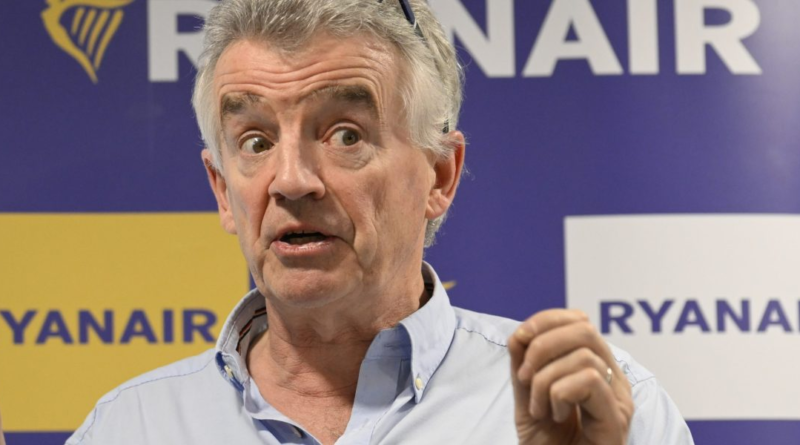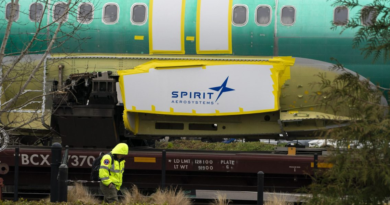Budget airline Ryanair offered to snap up extra Boeing aircraft after Alaska Airlines blowout—but now it says it is concerned about the quality after all
Boeing has faced extreme scrutiny for its manufacturing quality since a panel from one of its airplanes operated by Alaska Airlines blew out mid-air last month, and in the weeks since the Seattle-based aircraft maker had to halt its production expansion plans of Boeing 737 Max airplanes, and ground its 737 MAX 9s fleet (some of which have resumed service).
Among those paying most attention to the situation have been Boeing’s airline customers, who are experiencing high travel demand and have been concerned that their lucrative summer travel season could be dampened by Boeing planes being put out of service.
Europe’s largest, Ryanair, has been especially worried. The Irish group is a big Boeing customer, and has ordered upwards of 350 MAX jets in recent years, according to Reuters. (However, it doesn’t have any MAX 9 aircrafts on order or in service.)
Still, not long after the Alaska Airlines accident, Ryanair looked to take advantage of the situation, offering to add extra aircrafts of the 737 MAX 10s to its future fleet if there were delays or no takers in the U.S.
But now its plane-buying plans may have changed. This week, a U.S. regulator’s report on the Alaska Airlines incident in January found that there were missing bolts in the panel that flew out.
Those findings are worrying, Ryanair’s CEO Michael O’Leary said, as the increased scrutiny could also slow down Boeing’s production.
“I think we’re concerned because it highlights, you know, poor production quality with Boeing… but we don’t think it affects our Boeing 737 fleet or the MAX 8 that we operate,” O’Leary told Reuters Wednesday.
The low-cost airline’s chief told the outlet that Boeing “have clearly more to do,” although the 12 aircraft Ryanair had received between October and December had been of better quality.
O’Leary added: “But there’s no doubt that the increased supervision by the FAA (Federal Aviation Administration) in Seattle will slow things down. We’re just not sure yet whether it will affect our deliveries between now and the end of June.”
Delivery delays
O’Leary’s remarks follow earlier reports where he said the crisis rocking Boeing could result in the fewer MAX jets being delivered in time for peak summer. The Ryanair chief has highlighted concerns in the past about Boeing—he said that build standards after COVID-19 were “terrible,” and shortly after the Alaska Airlines mishap, O’Leary said Boeing needed to “significantly improve” its quality control. These concerns have been echoed by other U.S.-based carriers using Boeing jets as well.
While he has been a vocal critic at times, O’Leary has also backed Boeing when its quality standards have shown improvements. The discount carrier has now doubled the number of engineers focused on quality control at Boeing in Seattle, according to the Financial Times.
A Ryanair spokesperson declined to comment beyond O’Leary’s remarks.
Boeing’s planes have been linked to several mishaps in the last few years—from crashes to production issues—which has warranted investigations.
In an analyst call in January, Boeing’s CEO Dave Calhoun said more scrutiny relating to its planes following the Alaska Airlines incident would make the company better.
Regarding the U.S. National Transportation Safety Board’s findings this week, Calhoun said in a statement Wednesday: “Whatever final conclusions are reached, Boeing is accountable for what happened. An event like this must not happen on an airplane that leaves our factory. We simply must do better for our customers and their passengers.”
He added that Boeing was crafting a “comprehensive plan” to improve the quality of its aircrafts and boost the confidence of the stakeholders.




